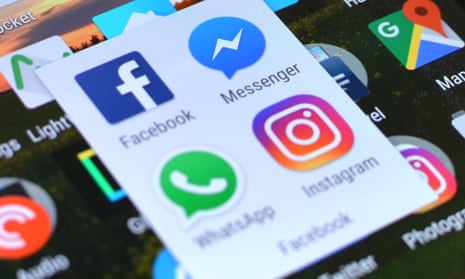For the fourth time, Facebook is trialling a Snapchat-style ephemeral messaging system.
This time, however, the company is introducing the new feature alongside a much wider change: the first chance to use end-to-end encryption to secure conversations on Facebook Messenger.
Unlike Facebook’s main messaging service, WhatsApp (which has more than 1 billion monthly active users worldwide), messages sent through Facebook’s Messenger app (also huge, with 800 million monthly active users) are all readable by Facebook itself.
The company has faced a number of hurdles in enabling end-to-end encryption in Messenger, chiefly the fact that, unlike WhatsApp, users aren’t tied to one device when using it. Messenger is designed so that a user can begin a conversation on desktop, carry it over to mobile, and then finish it on a tablet, something which is technologically very difficult to achieve with end-to-end encryption – the only sort of encryption which prevents the message carrier (in this case, Facebook) from having access to the message itself.
The new encryption options which are being trialled, branded as “secret conversations”, for Facebook Messenger are limited by that scope. Like WhatsApp, it locks the conversation to one device, and unlike WhatsApp can only be one-to-one as well.
Also unlike WhatsApp, secret conversations are opt-in, requiring users to actively decide to take a conversation secret. Facebook says “That’s because many people want Messenger to work when you switch between devices, such as a tablet, desktop computer or phone. Secret conversations can only be read on one device and we recognize that experience may not be right for everyone.
“It’s also important to note that in secret conversations we don’t currently support rich content like GIFs and videos, making payments, or other popular Messenger features.” To boot, they don’t work with Facebook Messenger’s growing army of (slightly crap) chatbots.
But there is one big advantage over WhatsApp: disappearing messages! Users in a secret conversation “can set a timer to control the length of time each message you send remains visible within the conversation”.
It’s surely coincidence that such a feature is something that Facebook has launched three times previously. Disappearing messaging app Snapchat has been a thorn in Facebook’s side for years, ever since the company turned down a $3bn acquisition offer in 2013.
Over the years, Facebook has attempted to copy Snapchat’s signature feature multiple times. In 2012, it coded Poke in 12 days, cloning Snapchat almost exactly. In 2014 it launched a full-featured rival Slingshot, which it quietly pulled a year later. And in 2015 it began testing self-destructing messages in Messenger itself, existing separately from the now-released Secret Conversation feature.
